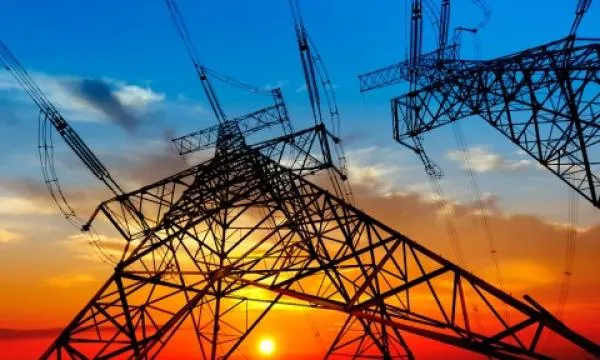
Japan tightens foreign investment rules for power companies
Its impact on Japan’s power sector growth is expected to be minimal.
The tightening of provisions in Japan’s foreign investment law will likely entrench the dominance of local companies within the power sector’s competitive landscape, according to a Fitch Solutions report.
The revised law lowered the threshold that foreigners are allowed to hold an equity stake in Japanese-listed companies from 10% to 1% in several sectors that were deemed critical to national security, which included electricity and nuclear facilities.
Foreign ownership above the threshold will be subjected to a pre-screening process. This will apply to general electric transmission and distribution utilities, and generation facilities of 50MW and above. The law has entered into force on 8 May and will be fully implemented by 7 June.
Fitch expects this to negatively affect foreign investments in the sector, but its impact on the sector’s growth will likely remain minimal. The report noted that 10 key local power companies represent the majority of Japan’s generating capacity at present, which also control the regional transmission and distribution infrastructure.
This came at a time in which the sector is undergoing liberalisation efforts, the report said, with the third phase originally scheduled for 2020, to legally separate the transmission and distribution segment from its generation and retail arms of the business.
“As such, this will likely limit involvement to domestic private investors, which could weigh on its competitiveness. In the near term, we believe that the respective T&D utilities arm will likely remain monopolies in their respective regions,” Fitch said.
However, the extent of the law’s effects is uncertain if both domestic and foreign investors become more conservative with their capital spending over the near to medium term due to the COVID-19 crisis. Still, the government was noted to have introduced an exemption scheme to mitigate some of these tighter restrictions and potential capital flights.








![Cross Domain [Manu + SBR + ABF + ABR + FMCG + HBR + ]](https://cmg-qa.s3.ap-southeast-1.amazonaws.com/s3fs-public/styles/exclusive_featured_article/public/2025-01/earth-3537401_1920_4.jpg.webp?itok=WaRpTJwE)
![Cross Domain [SBR + ABR]](https://cmg-qa.s3.ap-southeast-1.amazonaws.com/s3fs-public/styles/exclusive_featured_article/public/2025-01/pexels-jahoo-867092-2_1.jpg.webp?itok=o7MUL1oO)









 Advertise
Advertise


